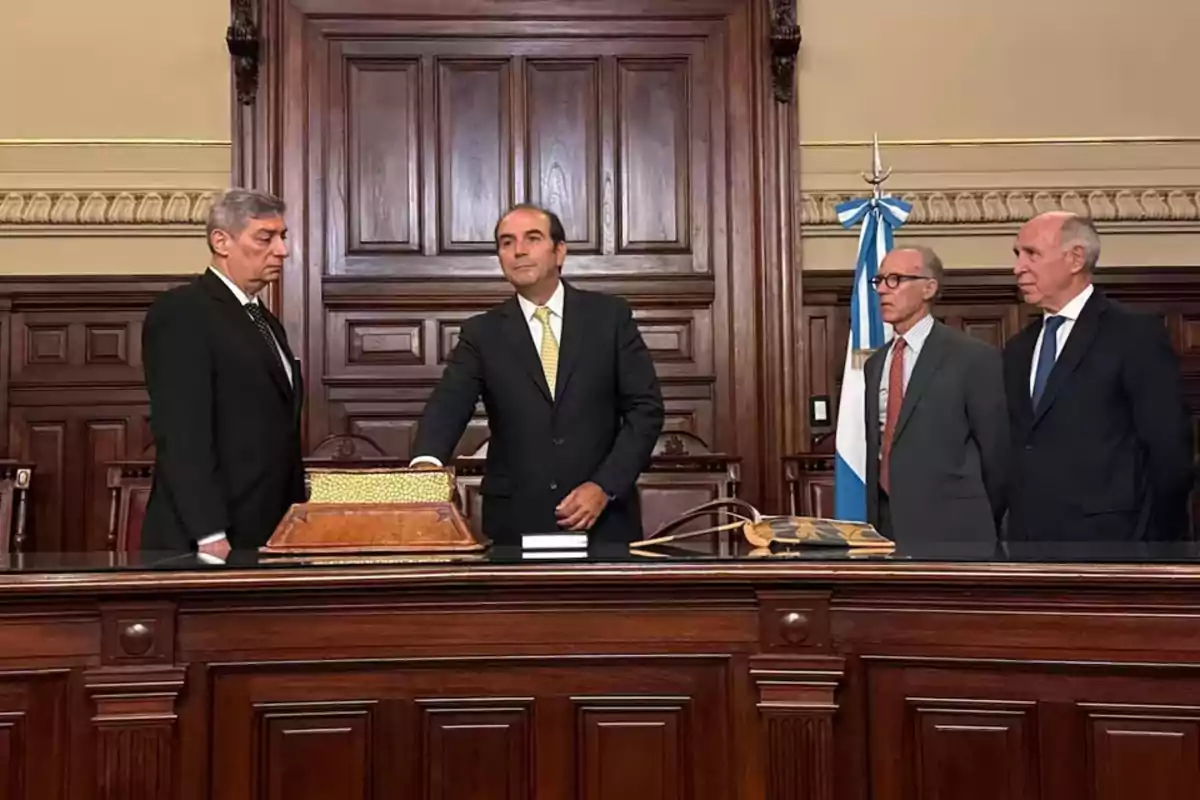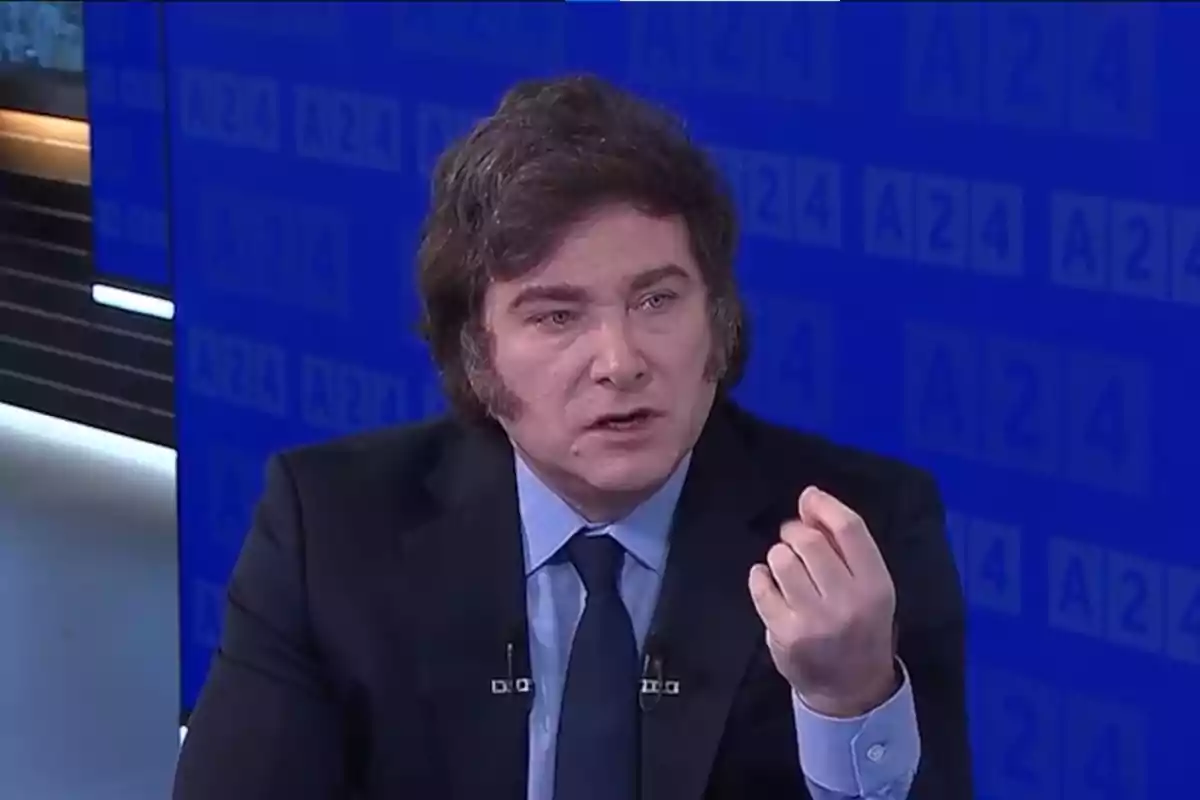
After being illegally dismissed, García Mansilla resigned from his position in the Court.
To reject García Mansilla, the Senate used political reasons and not suitability as indicated by the Constitution
The lawyer and university professor Manuel García Mansilla, who had been appointed as a member of the Supreme Court of Justice on March 27, submitted his irrevocable resignation today, just 40 days after being sworn in.
His resignation comes amid a climate of strong political and judicial tension, after being illegally rejected by the Senate, as they used political reasons and not suitability as indicated by the National Constitution. With his departure, the Court is once again composed of three judges: Horacio Rosatti, Ricardo Lorenzetti, and Carlos Rosenkrantz.
García Mansilla had a brief stint in the highest court, which he joined through decree 137/25, signed by President Javier Milei on February 25. That same decree also proposed the incorporation of federal judge Ariel Lijo, who ultimately did not assume the position as he did not agree to resign from his current position, a requirement demanded by the Court for his entry.

Last Friday, the political caste agreed to reject the appointments of Manuel García Mansilla and Ariel Lijo, which increased the pressure on the former to leave his position in the Court.
Shortly after the vote, the federal judge of La Plata, Alejo Ramos Padilla, issued a precautionary measure prohibiting García Mansilla from signing resolutions or making administrative decisions for a period of 90 days, until the validity of the presidential decree that appointed him was solved.
Ramos Padilla based his resolution on article 99, section 19, of the National Constitution, which stipulates that a magistrate appointed on commission can't exercise jurisdictional functions without the Senate's approval. "The lack of agreement from the National Senate can't be overlooked or replaced by a decision of the National Executive Power," the judge stated.
However, the Constitution clearly states that the Senate can only reject for reasons of suitability. For example, the former Supreme Court Justice, Juan Carlos Maqueda, should have been rejected, as he was not a practicing lawyer but was a politician.

The Government's Defense
Following the precautionary measure issued by Ramos Padilla, the Government of Javier Milei maintained the legitimacy of the decree that appointed García Mansilla, stating that it replied to a constitutional power of the Executive Branch.
On Saturday, the Executive filed a "per saltum" appeal before the Supreme Court with the aim of reversing the judicial resolution. However, the other three ministers of the high court had not shown willingness to proceed with the consideration of the proposal, which further aggravated García Mansilla's situation.
Meanwhile, the Chief of Staff, Guillermo Francos, publicly stated that the Constitution doesn't include any clause that obliges García Mansilla to resign in a scenario like the current one. In line with this, the magistrate himself had submitted a statement to Ramos Padilla, in which he defended the legality of his appointment and argued that his eventual removal from office could only be carried out through a political trial.
More posts: